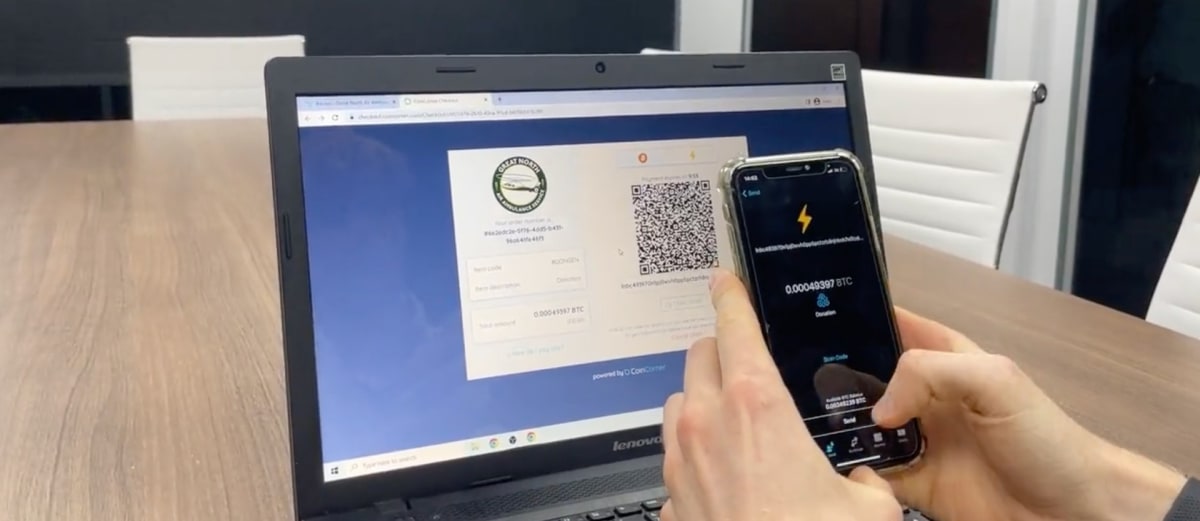Senegalese Bitcoin Developer: Bitcoin Is A Weapon To Fight Oppression
Fodé Diop explains why Bitcoin and Lightning have the power to end monetary colonialism in the developing world.
Fodé Diop, a Bitcoin and Lightning developer from Senegal, has recently shared his thoughts on why Bitcoin is so important to billions of people worldwide that are still victims of monetary colonialism. The developer highlighted the central role that Bitcoin’s open-source technology could play in providing financial sovereignty to those in the developing world.
“Today, people like myself have the means and the power to fight, and there has never been a time in the world like that until Bitcoin came in 2008,” Diop told Reason. “Everything is possible actually, because money is everything.”
Diop was accepted to Emporia State University in Kansas to study engineering and play basketball as a high school senior in Senegal. His father had saved just enough money for his tuition, but before enrolling, their savings were cut in half overnight due to a deal spearheaded by the International Monetary Fund (IMF) and France. To this day, the IMF and the French government still control the currency of 15 African countries.
“If you are in a country where your money might be devalued on the whim of other nations interfering with the local economy, storing your money in Bitcoin might be a better deal to preserve your wealth,” said Diop.
Bitcoin didn’t exist when the CFA franc, which had been pegged to the French franc for Diop’s entire life at 1 to 50, got devalued to 1 to 100 in 1994 after France conceded to pressure from the IMF and the World Bank.
“The cruel irony was that the economic fate of millions of Senegalese was completely out of their own hands. No amount of protest could overthrow their economic masters,” wrote the Human Rights Foundation’s Alex Gladstein for Bitcoin Magazine in “Fighting Monetary Colonialism with Open-Source Code,” an article that also recounts Diop’s story.
The Senegalese Bitcoin developer echoed Gladstein’s remarks to Reason, saying that “the local people felt robbed, because their purchasing power was cut in half overnight,” and there was nothing they could do about it. It wasn’t until Diop encountered Bitcoin that he started to glimpse how his people could fight monetary colonialism.
“When I read the [Bitcoin] white paper I said, this is a weapon for us to fight oppression. I feel like maybe governments are still threatened, but to me, open source technology is just beautiful,” Diop said.
Bitcoin’s open-source technology, along with the scaling and empowerment brought by Lightning, gives citizens worldwide the very weapons they need to fight the oppressor and reclaim their monetary independence.
“I believe that our work is so important that we have to do it no matter what the consequences are,” said Diop. “You can leverage this open source technology to fight the oppressor, so why not use it?”
Indeed, the Senegalese developer has been doing just that. In July, Diop announced the launch of Bitcoin Developers Academy to teach students how to build Bitcoin applications from the ground up using the Rust programming language.
Empowered by open-source code and an antifragile peer-to-peer monetary network that cannot be debased or controlled by third parties, Diop, his students, and millions of others are now able to regain sovereignty over their finances — whether the IMF and the World Bank like it or not.









